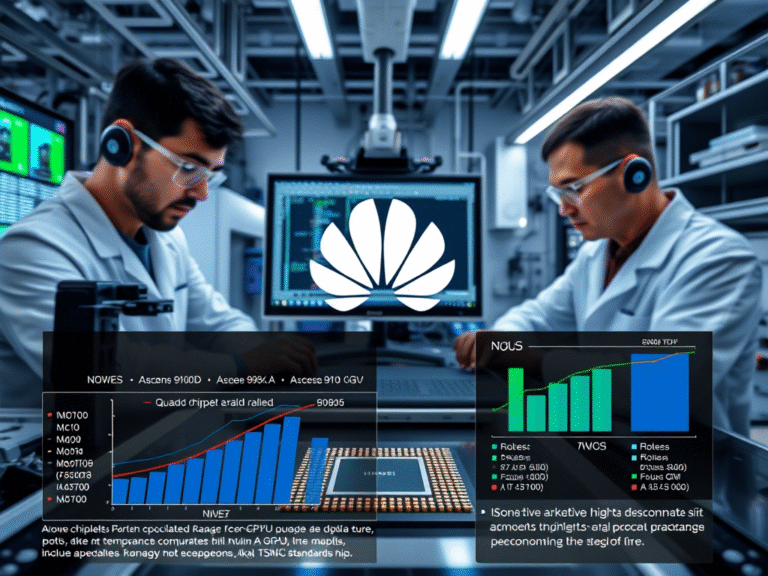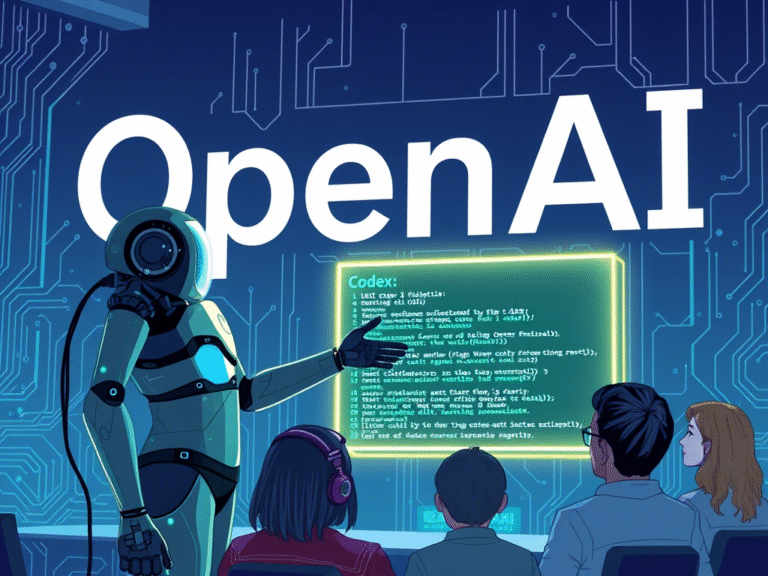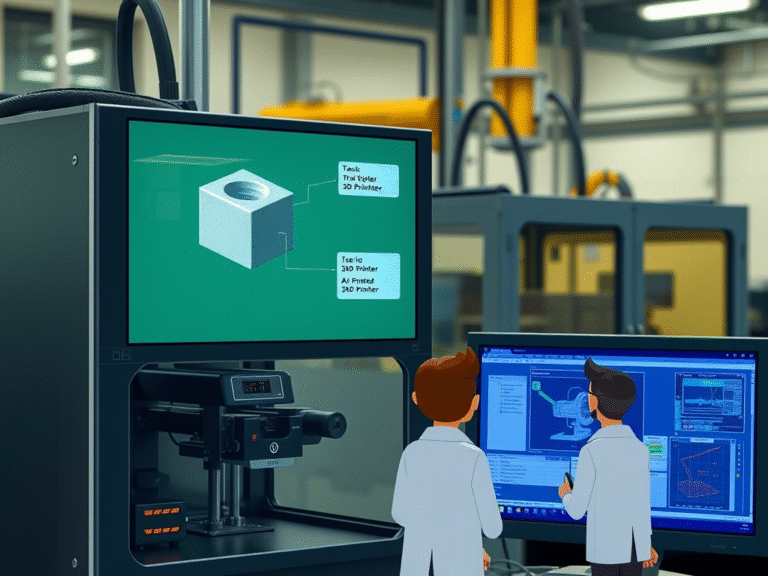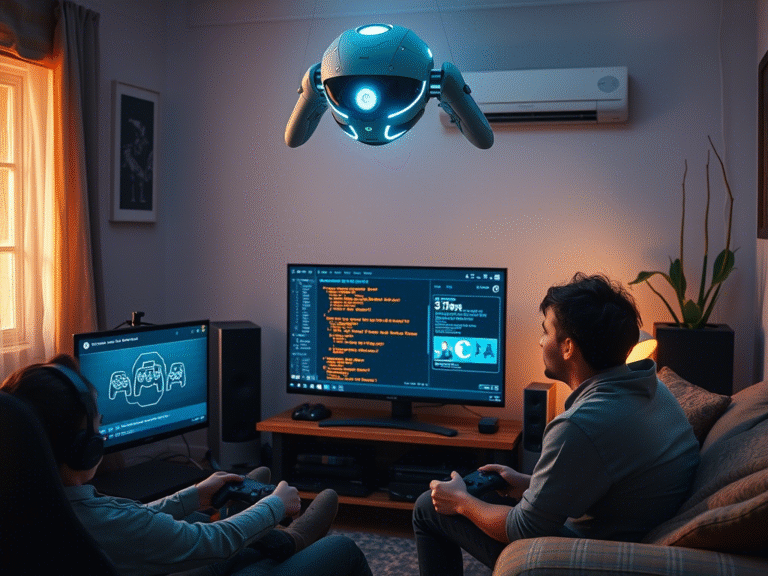Generative AI VS Physicians A New Frontier in Medical Diagnosis
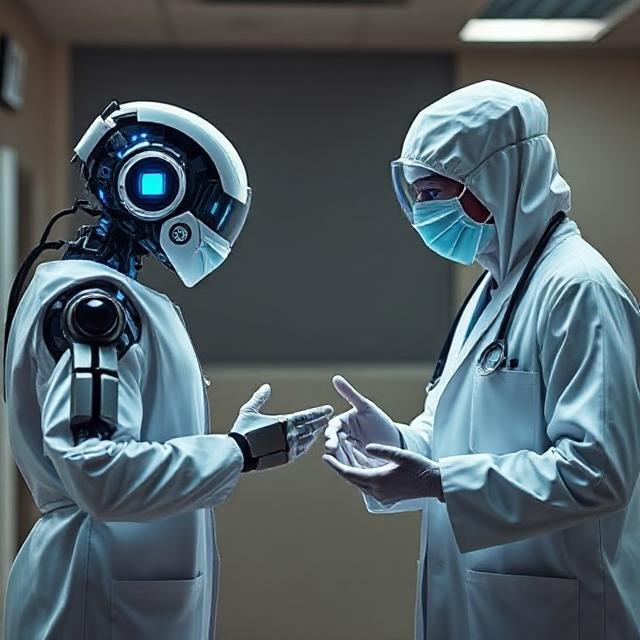
Generative AI VS Physicians A New Frontier in Medical Diagnosis
A groundbreaking study conducted by a research team led by Dr. Hirotaka Takita and Associate Professor Daiju Ueda at Osaka Metropolitan University’s Graduate School of Medicine has provided a detailed comparison of generative artificial intelligence (AI) and physicians in diagnosing medical conditions. The systematic review and meta-analysis, which analyzed 83 studies out of an initial pool of 18,371, offers valuable insights into the strengths, limitations, and potential applications of AI in healthcare.
How AI Stacks Up Against Physicians
The study evaluated several advanced generative AI models, including GPT-4 , Llama3 70B , Gemini 1.5 Pro , and Claude 3 Sonnet , across various medical specialties. Among these, GPT-4 was the most extensively studied model. On average, the diagnostic accuracy of these AI systems was 52.1% (95% CI: 47.0–57.1%).
When compared to non-expert physicians, AI performed similarly, with no statistically significant difference in accuracy (accuracy difference: 0.6% [95% CI: −14.5% to 15.7%], p=0.93 ). However, expert physicians still outperformed AI, achieving a significantly higher diagnostic accuracy with a gap of 15.8% (95% CI: 4.4%–27.1%, p=0.007 ). While this gap highlights the current superiority of human expertise in complex cases, rapid advancements in AI suggest that this lead may narrow over time.
AI’s Strengths Across Medical Specialties
The study found that AI’s performance was relatively consistent across most medical fields, with notable exceptions in dermatology and urology :
- Dermatology : AI excelled in dermatology, likely due to its proficiency in recognizing visual patterns—a key aspect of diagnosing skin conditions. However, the researchers noted that dermatology also requires nuanced clinical reasoning and patient-specific decision-making, areas where AI still falls short.
- Urology : AI showed strong results in urology as well, but these findings were based on a single large study, making it harder to generalize the results broadly.
Dr. Takita emphasized the potential of AI in resource-limited settings, stating, “Generative AI’s diagnostic capabilities are comparable to non-specialist doctors. It could be used to support non-specialist physicians and assist in diagnostics in areas with limited medical resources.”
AI’s Role in Medical Education
Beyond diagnosis, the study highlighted AI’s potential to revolutionize medical education . The researchers suggested that generative AI could simulate real-life clinical cases, providing medical students and trainees with opportunities to practice and refine their diagnostic skills. According to the team, “The comparable performance of current generative AI models to physicians in non-expert settings reveals an opportunity for integrating AI into medical training.”
By offering interactive, case-based learning experiences, AI could help bridge gaps in medical education, particularly in regions where access to expert mentors is limited.
Concerns About Transparency and Bias
Despite its promise, the study raised several concerns about the use of AI in healthcare:
- Transparency : Many AI models lack transparency regarding their training data and decision-making processes. This opacity makes it difficult to assess whether their results are applicable across diverse populations.
- Bias : If AI systems are trained on datasets that don’t represent global demographics, their recommendations may be skewed or ineffective for certain groups.
To address these issues, the researchers stressed the importance of clear, ethical guidelines and rigorous validation processes. “Transparency ensures an understanding of the model’s knowledge, context, and limitations,” they noted, underscoring the need for accountability in AI development.
Complex Cases Remain a Challenge
While AI performs well in structured tasks like image recognition and pattern analysis, it struggles with complex cases that require detailed patient information, clinical judgment, and ethical considerations. These limitations highlight the continued importance of human physicians, particularly experts, in managing intricate medical scenarios.
Will AI Replace Doctors?
The question of whether AI will replace doctors remains open-ended. For now, AI serves as a powerful tool to augment—not replace—human expertise. While it shows promise in supporting non-specialist physicians and enhancing medical education, expert physicians still hold a significant edge in complex diagnostics.
As Dr. Takita concluded, “Further research is needed to verify AI’s capabilities, including evaluations in more complex clinical scenarios, performance assessments using actual medical records, and verification in diverse patient groups.”
Looking Ahead
Generative AI represents a transformative force in healthcare, with the potential to improve diagnostics, enhance medical education, and address resource disparities. However, its integration into clinical practice must be approached thoughtfully, with a focus on transparency, ethics, and collaboration between humans and machines.
For now, doctors can breathe easy—but they should also prepare for a future where AI becomes an indispensable partner in delivering high-quality care.

